THE MARS BABY PROBLEM
Mars-Born Humans May Never Visit Earth
Here’s a mind-bending reality of future Mars colonization and what Elon won’t tell you: Babies born on Mars might never be able to visit Earth.
Pause and think for a second – born in a dome, can never swim in an ocean. Earth would literally crush them. We’re about to create a generation that can colonize Mars but can’t visit Disneyland.
Why? Mars has just 38% of Earth’s gravity. Over generations, this will lead to:
- Bone density too low for Earth’s gravity
- Cardiovascular systems adapted to weaker pressure
- Potentially irreversible musculoskeletal changes
The Big Question:
Does this make Martians a new branch of humanity? And how do we ensure their rights and opportunities?
Thought Starter:
This isn’t about blame – it’s about preparing for humanity’s next chapter with wisdom and foresight.
Debate this:
❤️ Like if we should pause Mars births
💬 Comment: Is this ethical — or a crime against humanity?
💥 Tag a lawyer — we’ll need them on Mars too.
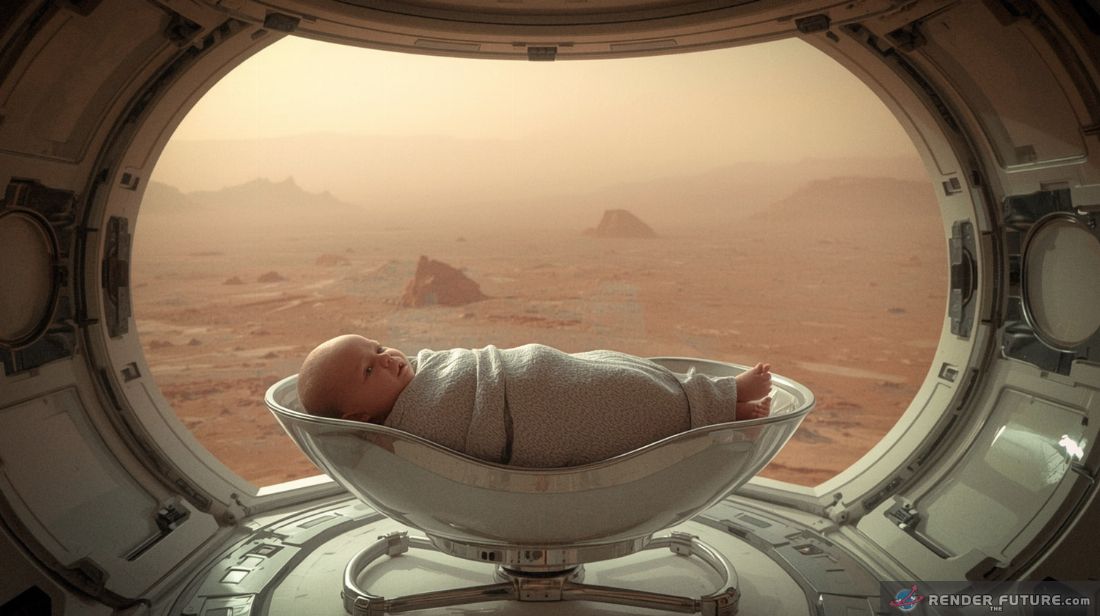
The Birth of a New Species: Earth’s Gravity Prison
Let that sink in — the first Martian babies could be exiled from Earth by biology itself. Born in a sterile dome, never feeling rain, never climbing a tree, their bodies forever chained to Mars’ weak gravity. Within decades, we might witness the accidental creation of a subspecies: humans who can’t be human on Earth. Elon Musk sells us a multiplanetary future, but who’s asking the hard questions? Is it progress if our grandchildren become aliens in their ancestors’ world?
The Science of Exile
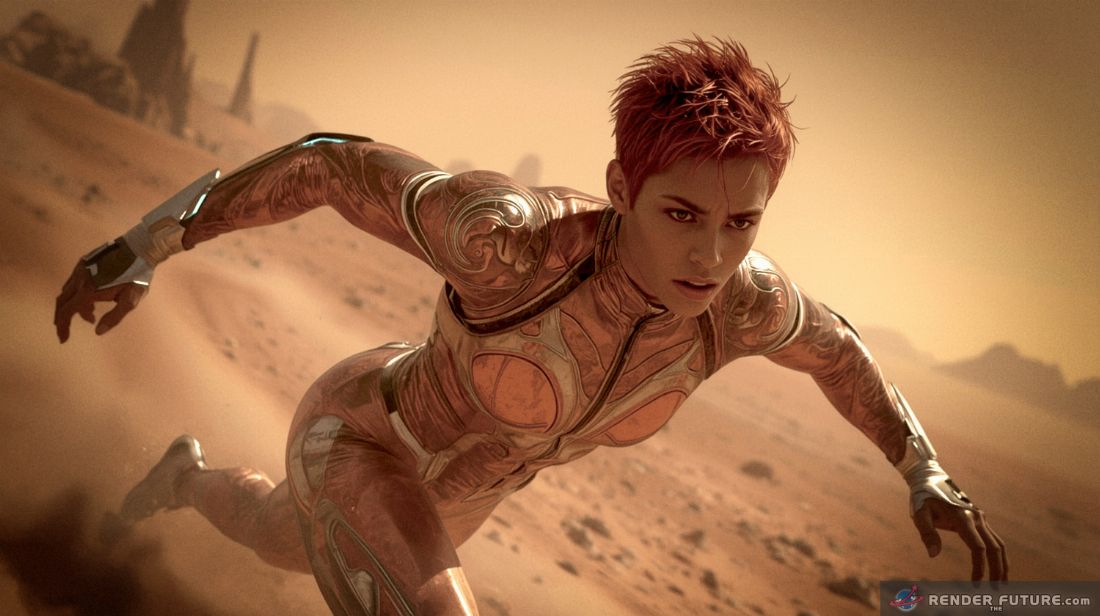 Mars’ 38% gravity isn’t just a number — it’s a biological sentence. Lower gravity means brittle bones, atrophied muscles, and circulatory systems that might fail under Earth’s crushing pull. Even if Martians could visit, they’d need exoskeletons just to walk. The cruel irony? Their very bodies—optimized for survival on Mars — would make them prisoners there. We’re not just settling a planet. We’re redesigning humanity.
Mars’ 38% gravity isn’t just a number — it’s a biological sentence. Lower gravity means brittle bones, atrophied muscles, and circulatory systems that might fail under Earth’s crushing pull. Even if Martians could visit, they’d need exoskeletons just to walk. The cruel irony? Their very bodies—optimized for survival on Mars — would make them prisoners there. We’re not just settling a planet. We’re redesigning humanity.
Ethics at the Edge of Extinction
This isn’t sci-fi speculation — it’s a looming reality. Do we have the right to create humans who can never access 99.9% of human culture, history, and experience? Or is this the ultimate act of hubris — playing God with gravity as our guillotine? There’s no undo button for evolution. Martians won’t be colonists. They’ll be hostages to our ambition.
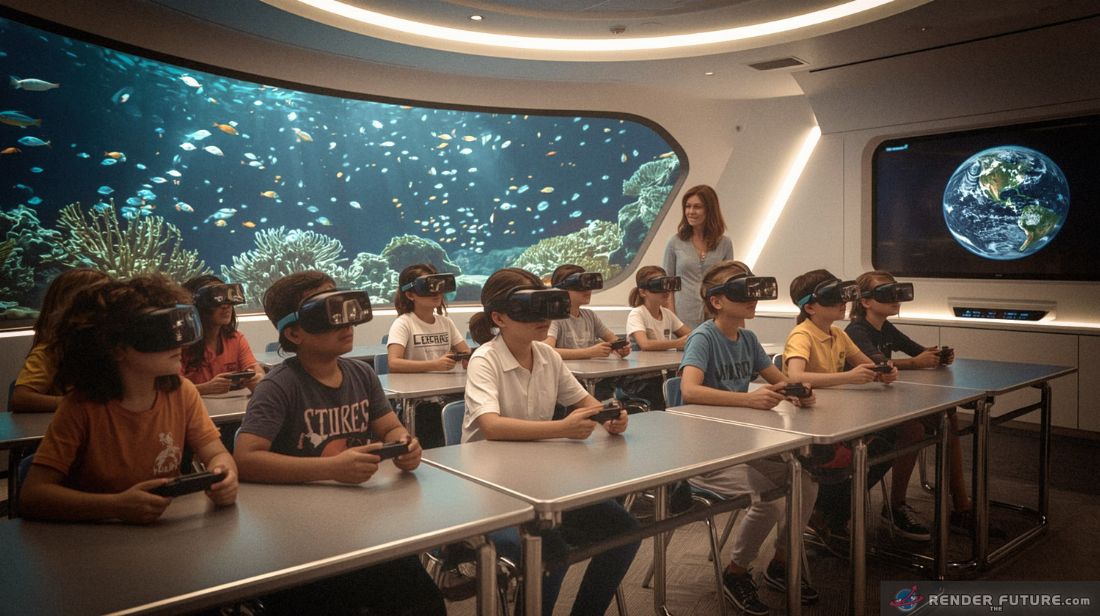
A Provocative Silver Lining
But what if this is necessary? Evolution has always been brutal. Maybe Martians should diverge — stronger in low gravity, with minds adapted to cosmic isolation. Earth’s problems aren’t theirs. Their destiny could be the stars, not our dying planet. The question isn’t whether it’s ethical. It’s whether we’re brave enough to let humanity evolve — even if it leaves Earth behind.
The Legal Nightmare No One’s Ready For
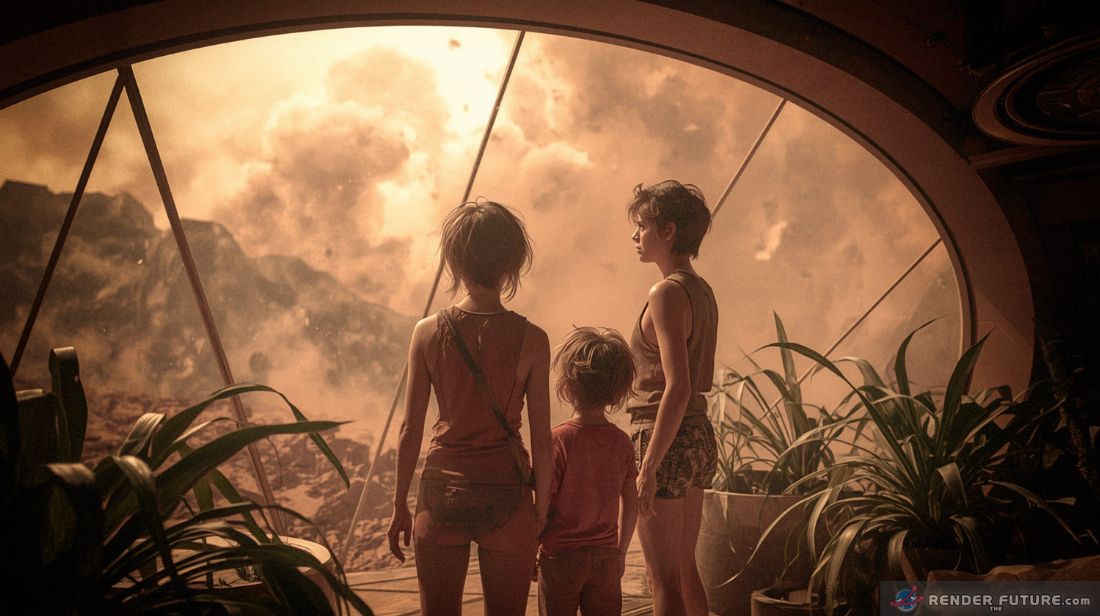 Visualize the lawsuits in 2123: A 25-year-old Martian, their bones as fragile as glass, suing Earth governments for “gravity discrimination” after being denied residency. Or worse — parents charged with child endangerment for birthing kids who can never leave their domes. We’re barreling toward a future where basic human rights — like freedom of movement — collide with irreversible biology. Will Earth’s courts treat Martians as citizens or science experiments? The precedent we set today will echo across centuries. This isn’t just space law — it’s the constitution of a new civilization.
Visualize the lawsuits in 2123: A 25-year-old Martian, their bones as fragile as glass, suing Earth governments for “gravity discrimination” after being denied residency. Or worse — parents charged with child endangerment for birthing kids who can never leave their domes. We’re barreling toward a future where basic human rights — like freedom of movement — collide with irreversible biology. Will Earth’s courts treat Martians as citizens or science experiments? The precedent we set today will echo across centuries. This isn’t just space law — it’s the constitution of a new civilization.
A Radical Solution: The Earth Sim Dome
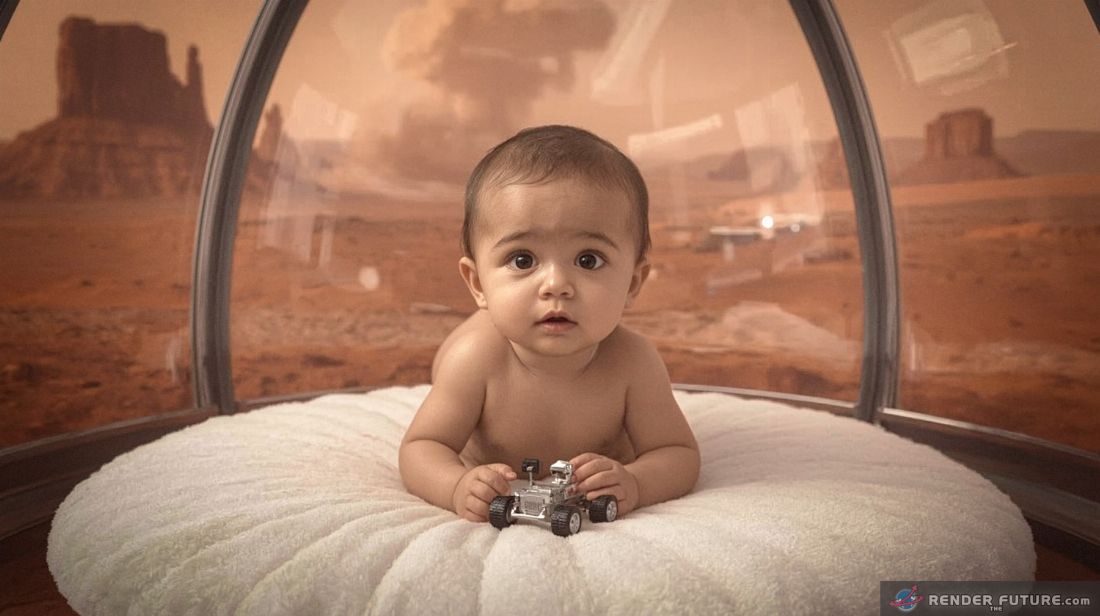 Here’s the wild card: What if we build Mars’ “Earth Zones” — giant rotating centrifuges that mimic our gravity? Tourists pay to feel 1G again, while native Martians visit to maintain their Earth-compatibility. It’s costly, absurd… and possibly the only way to prevent a permanent speciation. Either we engineer the environment, or accept that humanity will fork into two paths forever.
Here’s the wild card: What if we build Mars’ “Earth Zones” — giant rotating centrifuges that mimic our gravity? Tourists pay to feel 1G again, while native Martians visit to maintain their Earth-compatibility. It’s costly, absurd… and possibly the only way to prevent a permanent speciation. Either we engineer the environment, or accept that humanity will fork into two paths forever.
The choice isn’t between ethics and progress — it’s between control and surrender to cosmic Darwinism.

References and Sources:
- NASA’s Psyche Mission (2026) to study the metal-rich asteroid [nasa.gov]
- The Space Review: “Who Owns Space Resources?” (2023)
- @AstroForge’s 2024 deep-space mining prototype










